Curricular Global Learning
Curricular and experiential learning programs provide students with opportunities to explore environmental issues and develop a sense of connection with and stewardship for the natural world.
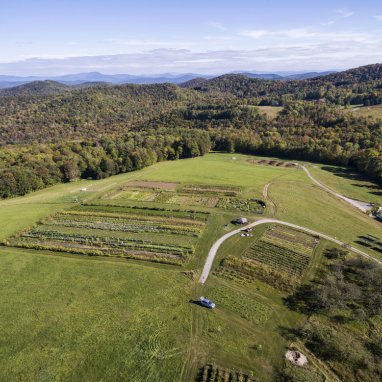
The Mountain School in rural Vershire, Vermont, cultivates a diverse and interdependent community of learners who embrace a place and how take care of it. Throughout spring term, students from all over the country come together to live and work on the school’s farm. Courses provide a demanding, integrated learning experience that takes advantage of the school's small size and mountain campus. Through collaborative learning and shared work, students emerge from their semester prepared to reach beyond the self and focus on the common good. Open to uppers and seniors.
Fall term: Late August to December. Winter/Spring term: Early February through May.
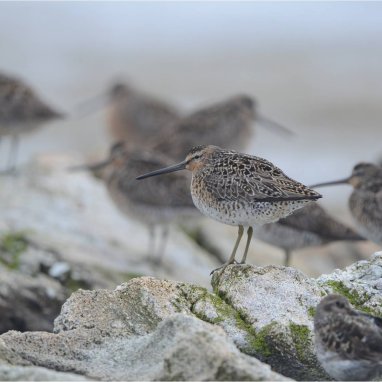
Richard S. Aaronian Class of '78 Summer Research Program in Field Biology is an outstanding opportunity for one current upper to spend four weeks living and researching at the Isles of Shoals off the coast of New Hampshire. The Shoals Research Apprenticeship is divided into two segments. In the first course, students gain an in-depth understanding of research methods and develop their own research proposal. In the second half of the program, students carry out their independent research project with the help of SML faculty mentors and your group of fellow apprentices. Summer break: Late June to late July.
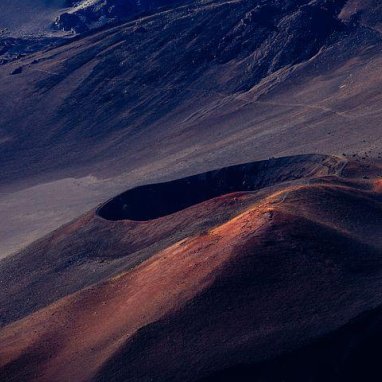
On this program, students explore the geology and biodiversity of the island of Maui and study the different volcanic features of the island, from lava tubes to cinder cones to Maui’s massive extinct volcano, Haleakala. Students immerse themselves in Hawaiian history and culture, spend time learning from native Hawaiians, and study the unique, endangered plant and bird species that evolved in isolation here before humans arrived. Students spend a great deal of time in the wilderness, and accommodations are basic, ranging from huts to tents to rented VRBOs. Thanksgiving break.
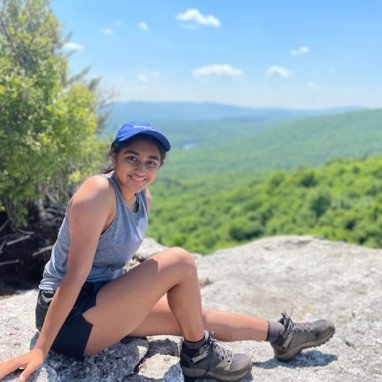
The Bald Mountain Meadow Learning Expedition uses Vermont’s Northeast Kingdom as a hub to explore and live the idea of stewardship through the contexts of recreation and adventure, community and food, and the arts and sciences. Our conversations and experiences will be informed by intentional encounters with Vermont and its people. In the end, students emerge with a deep sense of place, of Vermont, and a template for engaging with other places in ways that offer mutual flourishing to human and nonhuman communities.
Summer break: Early June.
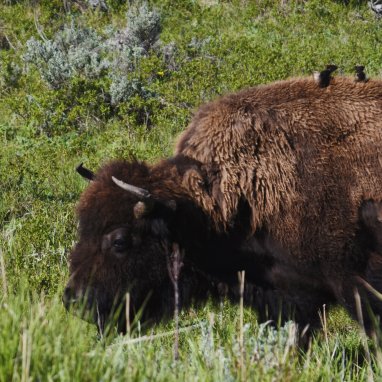
The Introductory Biology Yellowstone program gives students first-hand experience with the greater Yellowstone ecosystem as it relates to the spring term Introductory Biology curriculum. Students chosen for the program spend spring term together in a special section of Bio 230 that approaches the curriculum through the lens of the biology happening at Yellowstone National Park, and while at the park, learn from instructors from Yellowstone Forever Institute. Topics covered include wolf reintroduction, grizzly bear conservation, and the Bison/Brucellosis dynamic. Students will have the opportunity to see thermal features such as Mammoth Hot Springs and contribute to a citizen science project to monitor the effects of climate change in the park. Summer break: Early June
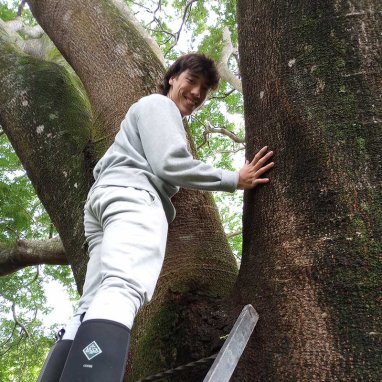
More than three-quarters of the world’s crops depend on pollinators. These animals provide essential ecosystem services and play a crucial role in the production of many fruits and vegetables. But a changing climate, pesticide use, and habitat loss or degradation threaten pollinator communities. To properly protect pollinators in Central America, it is critical to understand which species exist where, what their impact is on pollination services, and what the biggest threats to these pollinators are, such as changes in climate. A group of Exeter students will contribute to this research during a weeklong trip to and around Monteverde in the mountainous Puntarenas province. Summer break: Early June.
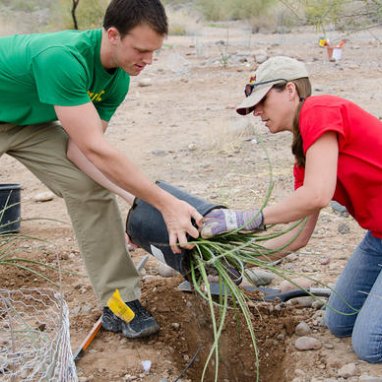
This program focuses on central themes of immigration and environmental sustainability while providing students with a hands-on service project in the southwest United States. Participants attend seminars about current immigration history as well as sustainability, where they will learn real solutions to environmental, social, and economic challenges. They will spend time volunteering at local refugee shelters and working on community gardening projects. Other activities will include birding at the Rio Salado Habitat Restoration Area and a day hike to learn about the geography of Arizona and the native flora and fauna. Thanksgiving break.
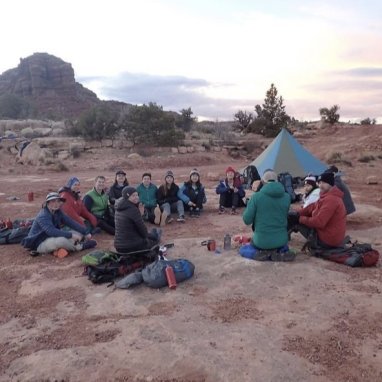
Exeter offers a five-day wilderness expedition in the southwest desert in partnership with the National Outdoor Leadership School (NOLS). Students learn and play in a dynamic wilderness setting, enhance their outdoor and leadership skills, and develop new friendships. This expedition takes participants through one of the most spectacular landscapes in southern Arizona, rugged “sky-island” country with breathtaking vistas of sinuous ravines and snow-capped peaks. Instruction focuses on basic camping and travel skills — cooking and stove use, map reading, Leave No Trace practices, and techniques for hiking and camping in bear habitat — as well as group dynamics and leadership. Thanksgiving break.
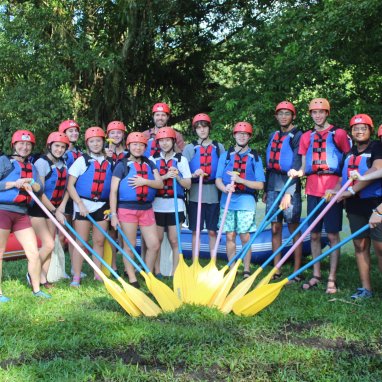
Maine Sea Kayaking courses are an incredible opportunity to work as part of a team while you develop and hone your skills on the water. Learn navigation, coastal piloting, and weather observation while traveling between remote islands and wild peninsulas on this custom program in collaboration with Hurricane Island Outward Bound School. Each day you will learn sea kayaking and expedition skills while passing traditional fishing and lobstering communities. At night you will sleep in tents developing backcountry cooking and camp craft practices. Sharing your goals and concerns, your group will work as a team to plan each day’s activities and choose an appropriate itinerary based on ocean conditions, wind conditions, and physical ability. The skills, structure and routine of this expedition will serve you for life, whatever challenges lie ahead.